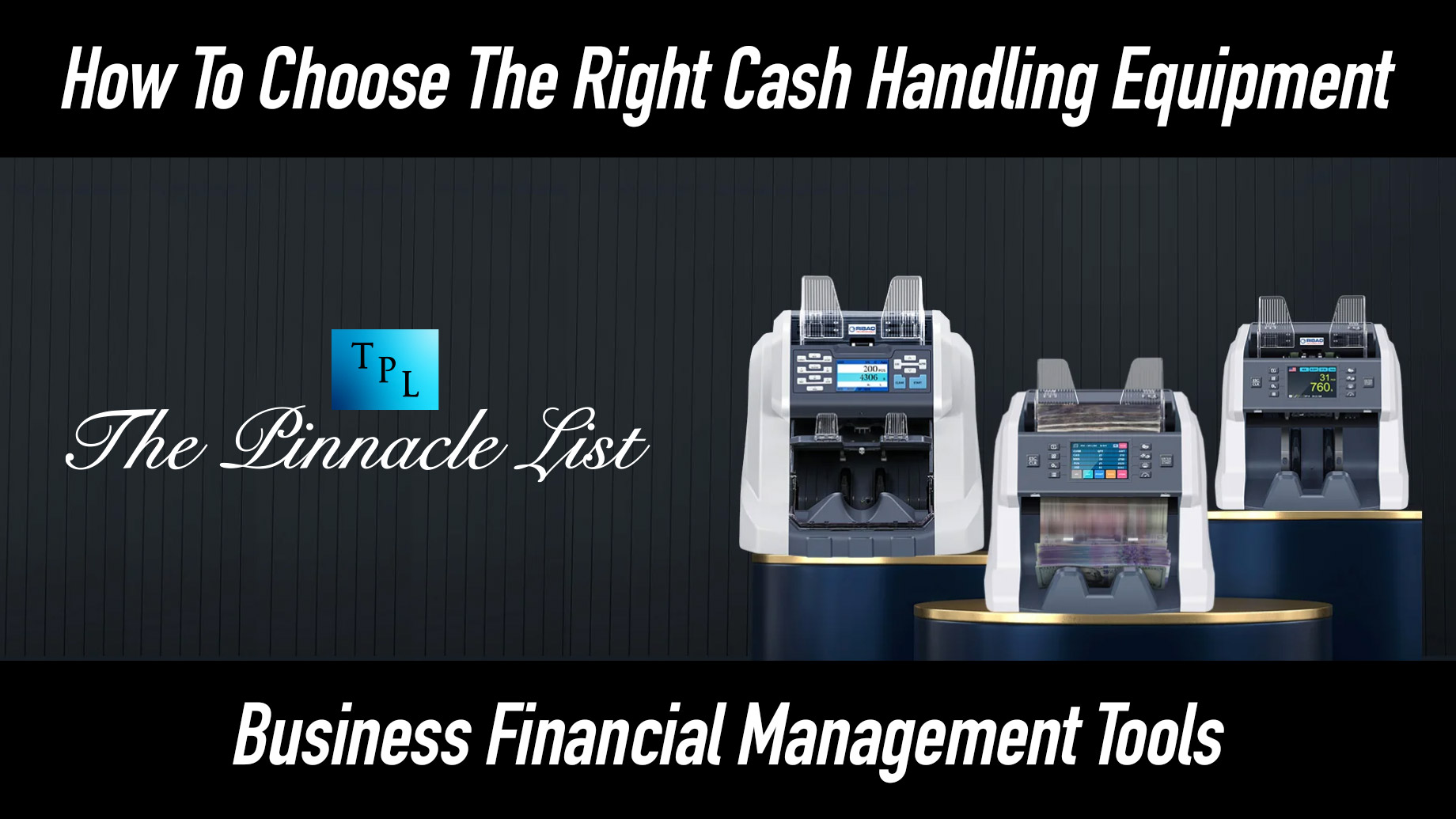
In today’s fast-paced business world, cash-handling equipment, such as bill counting equipments, plays a crucial role in ensuring the smooth and efficient operation of any enterprise dealing with cash transactions. This equipment not only helps reduce human error but also speeds up the process, increases security, and ultimately enhances customer satisfaction.
Different Types of Cash Handling Equipment
There are various types of cash-handling equipment available in the market, each designed to cater to specific business needs. Let’s take a closer look at some of the most common types:
Bill Counting Equipments
Bill counting machines are designed to quickly and accurately count the number of banknotes in a stack. They are essential for businesses that deal with large volumes of cash, as they help save time and minimize counting errors.
Coin Counters and Sorters
Similar to bill counting machines, coin counters, and sorters help businesses efficiently count and sort coins. They can be particularly useful for businesses that handle a high volume of small denomination coins, such as retail stores, laundromats, and amusement parks.
Cash Registers and Point of Sale Systems
Cash registers and point of sale (POS) systems are essential for businesses that require a more comprehensive cash management solution. These systems not only manage cash transactions but also track inventory, generate sales reports, and integrate with other business software.
Factors to Consider When Choosing Cash Handling Equipment
When selecting cash-handling equipment for your business, there are several factors to consider:
Budget and Pricing
Determine your budget and research the prices of various cash-handling equipment options. Keep in mind that investing in high-quality equipment may have a higher upfront cost but can save you money in the long run by reducing errors, theft, and maintenance costs.
Type of Business
Consider the nature of your business and its specific cash-handling needs. For example, a small coffee shop may only require a simple cash register, while a large retail store may need more advanced POS systems and bill-counting machines.
Volume of Cash Transactions
The volume of cash transactions your business handles will determine the type of cash-handling equipment you need. Higher transaction volumes may necessitate more advanced equipment to streamline operations and minimize errors.
Space and Layout
Consider the available space and layout of your business when selecting cash-handling equipment. Some machines may require more room than others, so ensure you have adequate space for installation and operation.
Ease of Use and Training
Look for cash-handling equipment that is user-friendly and easy to operate. This will minimize the time and effort required for training employees and reduce the risk of errors.
Security Features
Evaluate the security features offered by different cash-handling equipment. These features can include counterfeit detection, locking mechanisms, and secure storage compartments. Ensuring the safety of your cash and reducing the risk of theft should be a priority.
Integration with Existing Systems
Choose cash-handling equipment that can easily integrate with your existing business systems, such as accounting software and inventory management systems. This will streamline your operations and provide a more cohesive management experience.
Customer Support and Warranty
Opt for equipment from manufacturers that offer excellent customer support and warranty coverage. This will provide peace of mind and ensure that you have assistance available if any issues arise with your cash-handling equipment.
Top Cash Handling Equipment Brands
Some of the leading cash-handling equipment brands include:
- Ribao Technology
- Cassida
- Royal Sovereign
- Safescan
- Magner
- AccuBANKER
Take the time to research and compare the products offered by these and other reputable manufacturers to find the best fit for your business.
Benefits of Investing in the Right Cash Handling Equipment
Investing in the right cash-handling equipment offers several benefits, such as:
- Improved efficiency and productivity
- Reduced errors and discrepancies
- Enhanced security and reduced risk of theft
- Streamlined operations and better integration with existing systems
- Increased customer satisfaction
Conclusion
Choosing the right cash-handling equipment is essential for any business that deals with cash transactions. By considering factors such as budget, type of business, volume of transactions, and security features, you can find the equipment that best meets your needs. Remember to prioritize ease of use, integration, and customer support when making your decision. Investing in the right cash-handling equipment will improve your business’s efficiency, security, and overall success.